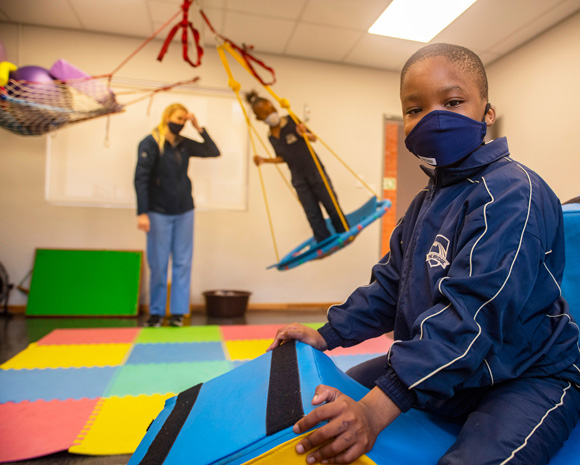Since starting school, your child is struggling. Fast forward to a year later and you get the news, your child may possibly not be promoted to the following year… Don’t despair, there is hope!
Neurodiversity. What in the world is this, and how is it related to my child? Simply put, it means your child may be wired differently.
Neurodiverse children include those with variations of learning differences such as ADHD, dyslexia, anxiety, or possibly even autism. Children with neurological differences are not broken or incomplete versions of ‘normal’ people. They approach life just a little differently, are highly intelligent and can live rich and meaningful lives.
Now, you may wonder what it could mean for your child’s future, or worry about how your child will make it through school. Perhaps you’re concerned that by calling attention to your child’s learning and thinking differences, they might be labelled slow, or assigned to a less challenging class.
The important thing to remember is that everyone in the world’s brains learn differently. Some children learn best by seeing or reading, others by listening, and others by doing. Your child just needs to be taught in ways that are tailored to his /her unique learning style.
A neurodiverse approach to teaching will help children understand their strengths and needs. Once children understand themselves, they realise everyone else has their assortment of barriers and abilities as well, and when they work together as a group, classroom or community, they can do great things.
A school that offers such a neurodiverse approach is The Bridge Assisted Learning School. The school’s approach includes a more hands-on, experiential, project-based, expeditionary, arts-based, brain-based, universal design learning, as well as programmes to support children with their neurodiversity.
Having a multi-dimensional specialist team, ensures that all students are included, catered for, and supported according to their needs. All therapies are available in-house, and your child will benefit from therapists and teachers working together according to an individualised development plan.
The way you behave and respond to the challenges your children face, has a big impact on them. A good attitude won’t solve the challenges associated with neurodiversity, but it can give your children hope and confidence that things can improve and they will succeed. Details: 010-005-5559 or www.thebridgeschool.co.za






